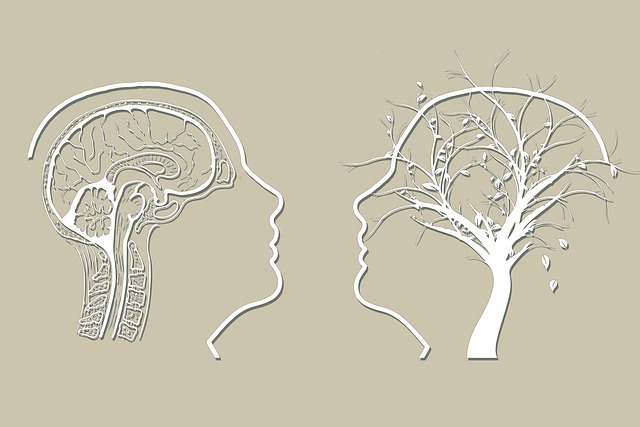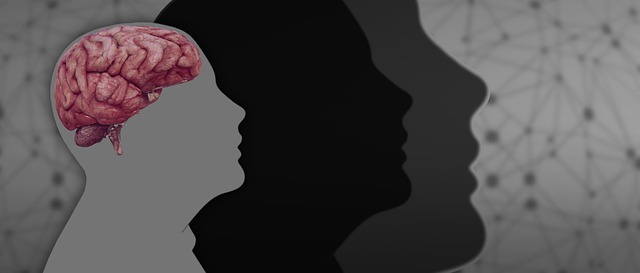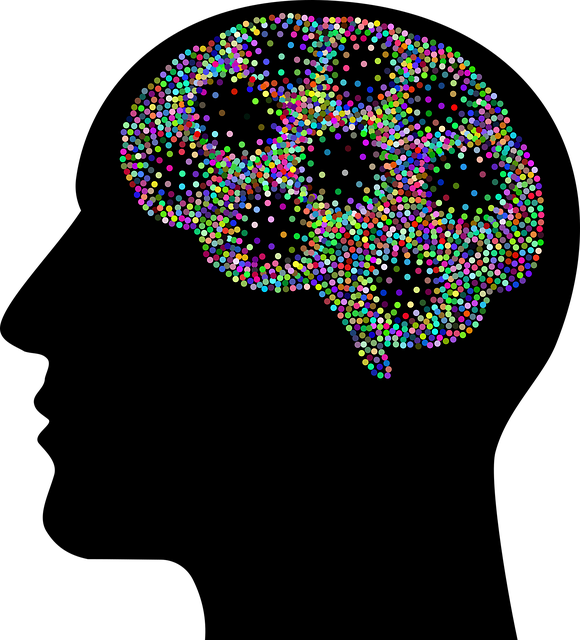Aurora Interpersonal Issues Therapy (AIIT) offers a unique, personalized approach to mental health care by focusing on the interconnectedness of thoughts, feelings, behaviors, and social environments. This holistic therapy equips individuals with practical skills for communication, conflict resolution, and stress management, empowering them to change unhelpful interaction patterns. AIIT integrates community outreach programs to build support networks, fostering resilience and long-term mental wellness. Through empathy, active listening, mindfulness techniques, and tailored self-care practices, AIIT helps clients achieve emotional healing and a balanced, fulfilling life.
“Unraveling mental illness diagnoses and navigating treatment can be an overwhelming journey. This comprehensive guide aims to empower individuals by offering a roadmap to understanding their conditions. We explore the benefits of Aurora Interpersonal Issues Therapy, a unique approach to decoding complex emotions. Additionally, we delve into finding tailored treatment options, highlighting the significance of a supportive therapist in fostering healing and growth. Discover practical strategies for building resilience through self-care, ensuring a journey towards recovery that is both effective and sustainable.”
- Understanding Mental Illness Diagnoses: Decoding Aurora Interpersonal Issues Therapy
- Navigating Treatment Options: Finding the Right Fit for Your Journey
- The Role of a Supportive Therapist: Unlocking Healing and Growth
- Building Resilience: Strategies for Effective Self-Care and Recovery
Understanding Mental Illness Diagnoses: Decoding Aurora Interpersonal Issues Therapy

Mental illness diagnoses can often seem like a complex web, but understanding your specific condition is a crucial first step towards recovery. Aurora Interpersonal Issues Therapy (AIIT) is an innovative approach designed to help individuals navigate their mental health journeys. This therapy focuses on the intricate connections between a person’s thoughts, feelings, and behaviors within their social environment, aiming to strengthen inner strength and promote positive relationships.
AIIT addresses various interpersonal challenges by teaching practical skills for effective communication, conflict resolution, and stress management. Through this therapeutic process, individuals learn to identify and change unhelpful patterns in their interactions with others. By integrating community outreach program implementations that foster support networks, AIIT empowers clients to build resilience and develop strategies for maintaining mental wellness over time, ensuring a more balanced and fulfilling life.
Navigating Treatment Options: Finding the Right Fit for Your Journey

Navigating treatment options can be a daunting task when dealing with mental illness. It’s essential to find a therapist or approach that aligns with your unique needs and preferences, ensuring a comfortable and effective journey towards healing. At Aurora Interpersonal Issues Therapy, we understand the complexities of this process. Our therapists are trained to provide personalized support, helping clients explore various therapeutic modalities to discover what works best for them.
Effective treatment planning involves considering factors like personal goals, coping mechanisms, and the nature of specific interpersonal challenges. By integrating these insights, our team creates a tailored roadmap that addresses underlying issues while fostering resilience. Moreover, we recognize the importance of risk management planning for mental health professionals, burnout prevention, and confidence-boosting strategies as integral parts of holistic treatment, ensuring long-lasting positive outcomes.
The Role of a Supportive Therapist: Unlocking Healing and Growth

A supportive therapist plays a pivotal role in navigating mental illness diagnosis and treatment. Through effective Aurora interpersonal issues therapy, professionals create a safe space for clients to unlock emotional healing processes and promote personal growth. The therapist’s empathy, active listening, and non-judgmental attitude foster trust, encouraging individuals to confront and express their innermost thoughts and feelings freely.
This therapeutic environment facilitates the exploration of underlying causes contributing to mental health challenges. By employing evidence-based techniques, therapists guide clients in developing coping strategies tailored to their unique needs. Moreover, risk management planning for mental health professionals is integral to ensuring client safety while fostering anxiety relief. This holistic approach not only supports individuals during treatment but also equips them with the tools to maintain long-term mental well-being.
Building Resilience: Strategies for Effective Self-Care and Recovery

Building resilience is a cornerstone of effective self-care and recovery when navigating mental illness diagnosis and treatment. It involves cultivating coping mechanisms that empower individuals to face challenges head-on, fostering emotional agility in the face of adversity. Techniques such as mindfulness meditation, cognitive reframing, and engaging in meaningful activities can significantly enhance one’s ability to manage stress and promote emotional well-being. At Aurora Interpersonal Issues Therapy, professionals guide clients through these strategies, helping them develop a robust support system and build inner strength.
By integrating self-care practices into daily routines, individuals can better regulate their moods and reduce the impact of anxiety relief. Simple yet powerful techniques like regular exercise, sufficient sleep, and a balanced diet lay the foundation for optimal mental health. Additionally, engaging in hobbies, connecting with loved ones, and seeking professional support when needed create a holistic approach to healing, ensuring sustained progress towards recovery.
Navigating mental illness can be daunting, but with the right tools and support, healing and growth are achievable. By understanding diagnoses, exploring therapy options like Aurora Interpersonal Issues Therapy, and fostering a supportive therapist-client relationship, individuals can embark on a journey towards resilience and well-being. Incorporating effective self-care strategies further strengthens this process. Remember that finding the right fit in treatment is essential, and with dedicated effort, one can unlock profound personal growth and improved mental health outcomes.














